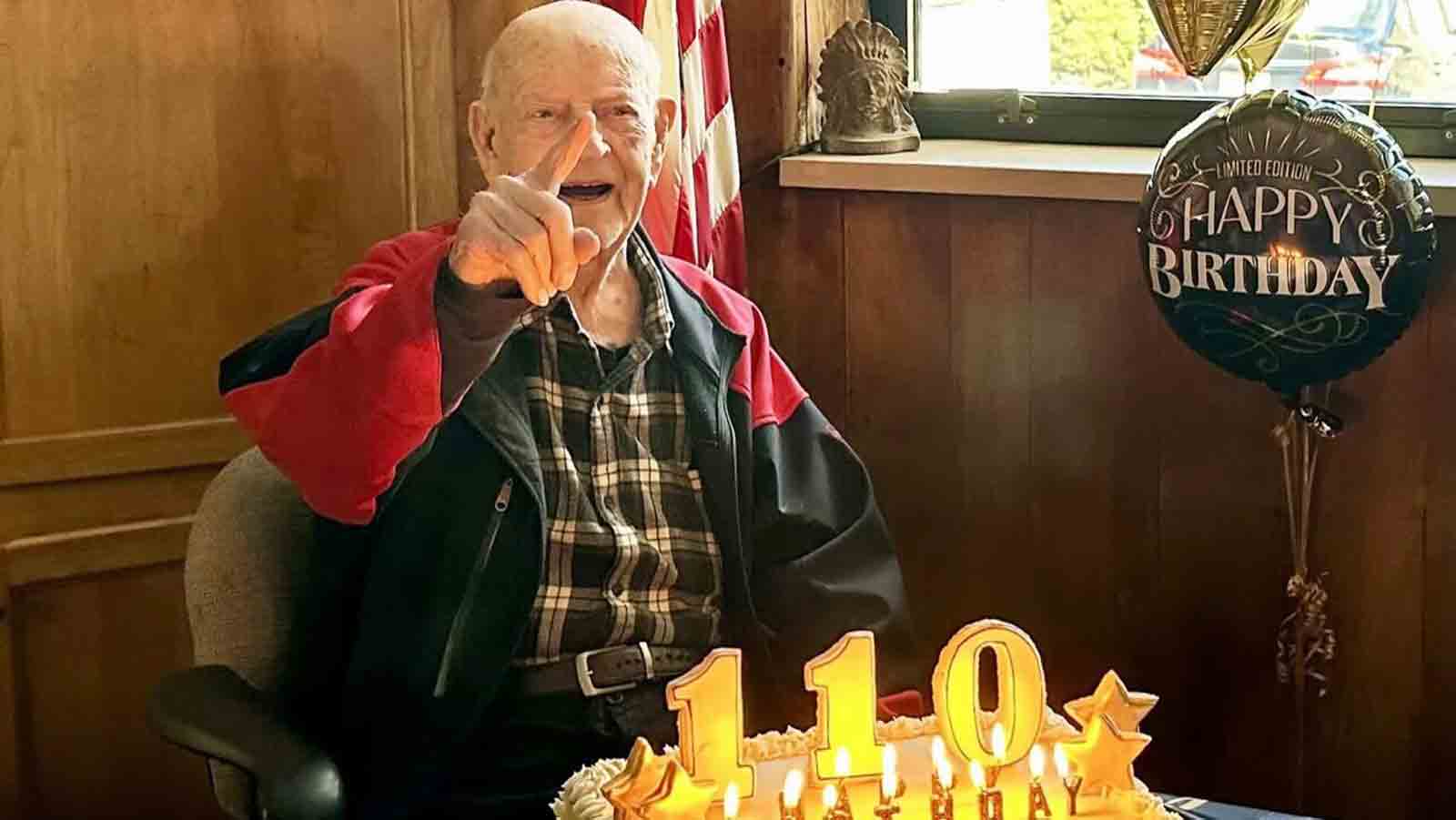Tens of thousands of commuters are bracing for a difficult trip through southwest Connecticut and into New York City Monday as workers repair the Metro-North commuter rail line crippled by a derailment and crash.
Connecticut Gov. Dannel Malloy said Sunday evening that if all 30,000 affected commuters took to the highways to get to work, southwest Connecticut would be transformed into a parking lot. He says commuters heading to New York City might consider staying there.
For the latest changes and updates to Metro-North because of the crash, go here
Crews will spend days rebuilding 2,000 feet of track, overhead wires and signals following the collision between two trains Friday evening that injured 72 people, Metro-North President Howard Permut said Sunday. Nine remained hospitalized, including one critically.
"This amounts to the wholesale reconstruction of a two-track electrified railroad," he said.
Several days of around-the-clock work will be required, including inspections and testing of the newly rebuilt system, Permut said. The damaged rail cars were removed from the tracks on Sunday, the first step toward making the repairs.
Service disruptions on the New Haven line between South Norwalk and New Haven are expected to continue "well into the coming week," Permut said.
Each day, approximately 30,000 Metro-North customers use the stations where service has been shut down, according to the MTA.
Amtrak service between New York and New Haven also was suspended, and there was no estimate on service restoration. Limited service was available between New Haven and Boston.
Jim Cameron, chairman of the Connecticut Rail Commuter Council, said he's asked officials in numerous towns to suspend parking rules to accommodate what could be tens of thousands of motorists driving to unaffected train stations. Twelve stations are affected by the shutdown.
Starting with the Monday morning rush hour, a shuttle train will operate about every 20 minutes between New Haven and Bridgeport and two shuttle buses will run between Bridgeport and Stamford stations, state transportation officials said.
For morning and evening peak commutes, limited train service will operate between Grand Central Terminal and Westport.
Local
State officials say travel times will be significantly longer than normal and trains will be crowded. Commuters are advised to use the Harlem line in New York.
Cameron said he doubts many commuters will use three modes of transportation to get to work: driving their cars to catch a bus to get to a train station for the final leg.
Commuters will more likely rely on their cars, leading to massive traffic problems on highways that are already clogged on normal days, Cameron said. He suggested that local and regional officials post highway signs directing motorists to available parking so motorists "don't get off the highway and drive in circles looking for where to dump their cars."
About 700 people were on board the trains Friday evening when one heading east from Grand Central Terminal to New Haven derailed just outside Bridgeport. It was hit by a train heading west from New Haven.
NTSB investigators arrived Saturday and are expected to be on site for seven to 10 days. They will look at the brakes and performance of the trains, the condition of the tracks, crew performance and train signal information, among other things.



